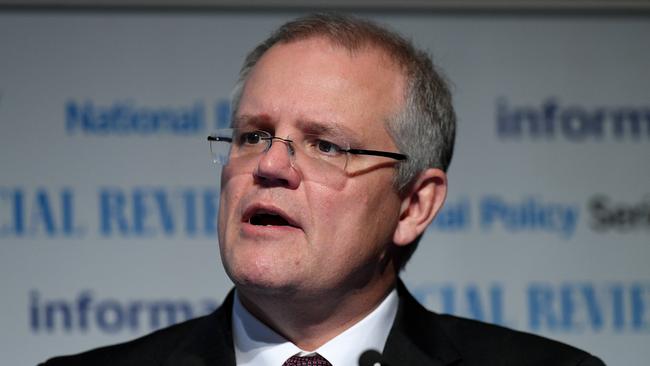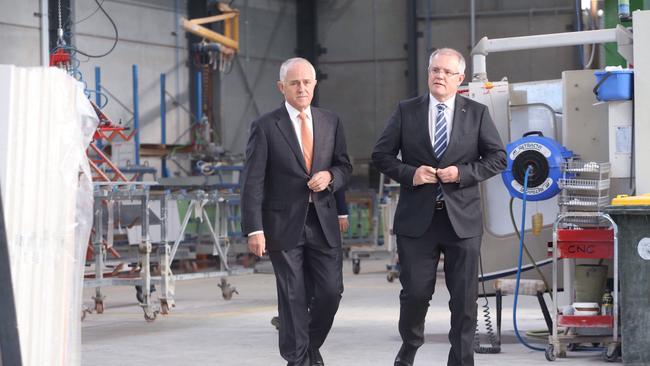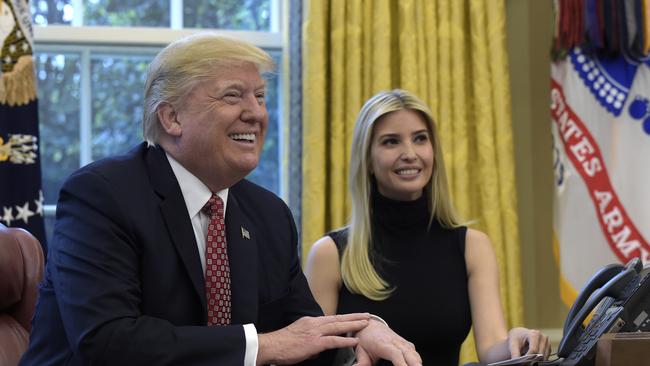Federal Budget 2017: You can bet on us, says Scott Morrison
FEDERAL Treasurer Scott Morrison is expected to lay out a rosier forecast for the future — using a speech one fortnight before the Budget to talk up an expected lift in economic expectations for the coming year.

NSW
Don't miss out on the headlines from NSW. Followed categories will be added to My News.
- ‘Emasculated’ Scott Morrison frustrated at colleagues
- Morrison has his back against the wall amid Budget countdown
FEDERAL Treasurer Scott Morrison will Thursday lay out a rosier forecast for the future — using a speech one fortnight before the Budget to talk up an expected lift in economic expectations for the coming year.
“There are clearly now better days ahead,” Mr Morrison will tell a gathering of economists in Sydney today.
“Growth in the Australian economy is expected to strengthen in the coming years as the detraction from mining investment eases and as growth in household consumption and non-mining business investment improves.”

His comments come after inflation figures released yesterday, for the first three months of the year, showed prices rising 0.5 per cent.
Economists said this meant the Reserve Bank could leave interest rates at exceptionally low levels for longer.
PETA CREDLIN: High expectations for Scott Morrison’s budget means a high price for failure
“Our first priority for Budget repair remains controlling growth in expenditure … it is not sustainable for Australia to continue financing our recurrent expenditure by borrowings,” he will say.
Mr Morrison will also point to plans by US President Donald Trump which will increase “short-term growth”, as well as increased consumer sentiment.
But he will warn of the risk of increasing household debt, with Australia now the fourth-most indebted among the developed countries.

“The government and the regulators are closely monitoring developments in this space to ensure that the risks are being effectively managed,” Mr Morrison will say.
And he will directly criticise Labor’s latest policy announcement — removing the ability for self-managed super funds (SMSFs) to access loans.
“While care must be taken to temper excessive investor activity that can inflate the market and increase the risks, equally a policy over-reaction could have very real negative impacts,” he will say.
Mr Morrison will say that move will put a tax on SMSFs who want to borrow to invest in shops, factories, warehouses, businesses and offices.
But credit ratings agency Moody’s yesterday warned housing affordability — a key theme for the government — was deteriorating, while delinquency risks were increasing.
“On average across Australia, Australian households with two income earners need 27.9 per cent of their monthly income to meet monthly mortgage repayments in March 2017 — up from 27.6 per cent in March 2016,” Moody’s said in a report.


